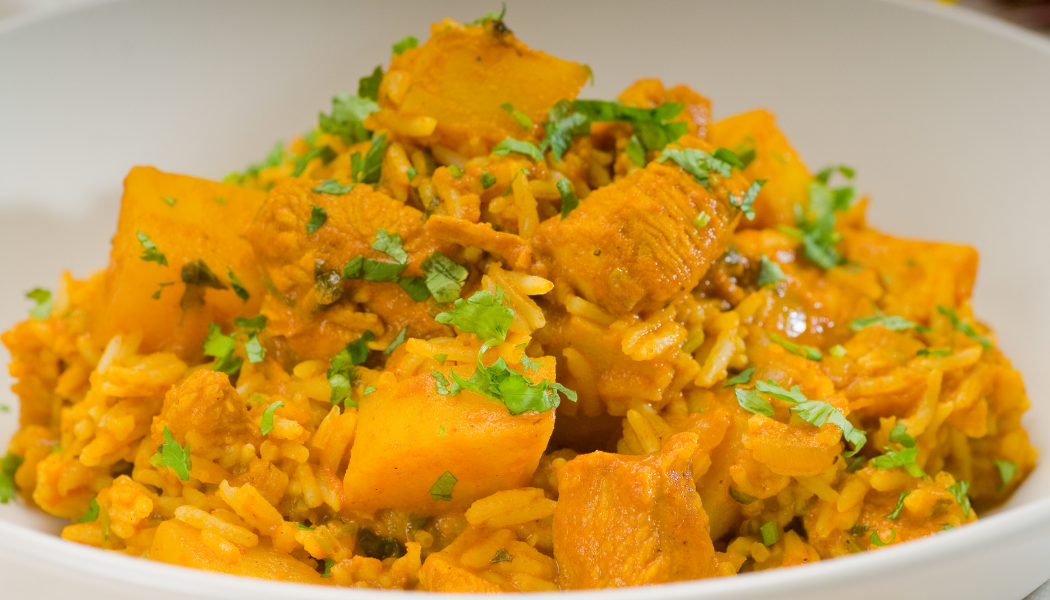Nutritious Food Is Vital to Treat Patients’ Malnutrition

Malnutrition is a severe risk for cancer patients.
According to some study reports, up to 85% of cancer patients are at risk of malnutrition. This condition results from not getting sufficient nutrients to the body from diet. Cancer and treatment-related side effects are the primary underlying causes of malnutrition. Many patients will experience fatigue, weight loss, muscle weakness, and depression. In addition, malnutrition increases treatment toxicities, interrupts treatment courses, increases infection risk, and accounts for up to 20% of early death in cancer patients.
Eating nutritious food is critical for patients to treat malnutrition and fight cancers.
Good nutrition is vital for cancer patients to fight their cancers, especially when undergoing treatment. Patients in treatment need more nutrients and energy than healthy people to sustain a healthy body weight, heal surgery wounds, and maintain the strength required to complete treatment. Also, eating healthy food can help patients get the nutrients needed to repair tissue damage, regain lost weight and muscles, and strengthen the weakened immune system to prevent infections.
The right foods help patients quickly rebuild their overall strength.
Unless hospitalized, patients won’t be able to receive the professional care provided by hospital dietitians or get the food delivered to their bedside every day. They have to plan and prepare their daily meals by themselves. Food recipes that are nutritious and easy to make will benefit cancer patients recovering at home.
How to Make Curry Beef Rice
The easy-to-make curry beef rice recipe presented below provides an ideal combination of high-quality protein and powerful anti-cancer ingredients with various benefits.
Benefits from beef:
Protein is one of the essential nutrients to prevent and treat malnutrition. Patients should include proteins in their meals every day. Beef contains all the “essential amino acids” that the human body needs but can only obtain from food; therefore, the beef’s protein is “complete.” In fact, lean beef trimmed of visible fat is an excellent food to help patients quickly rebuild their lost muscles and stop disease-associated weight loss without the risk of high cholesterol levels and blood vessel occlusion. Additionally, lean beef is a good source of vitamin B12 and zinc, the vital nutrients for normal functions of the nervous and immune systems that patients rely on to heal and recover after treatments.
Benefits from curry:
The active ingredient in curry powder is called curcumin. Many research papers have demonstrated that curcumin is a strong antioxidant that exhibits potent anti-inflammation and anti-cancer activities, beneficial to cancer patients.
Benefits from onions:
Onions contain a type of plant chemical called flavonoid that can block the growth of cells. Researchers found that the flavonoid from onions killed colon and breast cancer cells by stimulating the biological process called apoptosis, leading to cancer cells’ death. Moreover, organosulfur compounds in onions play an essential role in preventing liver, stomach, colorectal, and breast cancers.
Ingredients
- 1.5 pounds of beef stew meat, cut into 1-inch pieces
- 1 carrot, peeled and cut into 2-inch pieces
- 2 white onions, thinly sliced
- 2 potatoes, peeled and cut into 2-inch pieces
- 3-4 cubes of curry mix consisting of curry powder, spices, seasoning, and salt. (Japanese Curry Mix, Medium Hot, 7.8 oz/box, could be found in most grocery stores).
Method:
- Heat vegetable oil over medium heat, add beef into a wok, and quickly stir for 1 minute to avoid meat’s sticking to the wok’s bottom.
- Put the onion, carrot, and potatoes into the wok and stir everything together until you see color changes on all sides of the beef.
- Pour water into the wok to cover all ingredients, bring to a boil, and put the cover on the wok.
- Reduce heat to a simmer and cook for 70 minutes to make the beef tender.
- Break the Golden Curry mix into cubes, add 3-4 cubes into the stew, and frequently stir until the cubes melt entirely.
- Cook the mixed rice (white rice mixed with uncut, hulless whole oat kernels) with a rice cooker while the beef is cooking.
- Serve over the mixed rice or preferred bases (e.g., noodles, bread, or others).
Patients with malnutrition need to eat foods high in protein and calories.
Curry beef rice is high in protein and calories, which meets the nutrition needs of malnutrition patients. These patients’ bodies don’t get enough calories and nutrients, such as vitamins, minerals, carbohydrates, proteins, and fats. This delicious curry beef rice dish is flavored with various spices and nutrients. The curry has a unique aroma that helps activate patients appetites who have lost their appetite or had a taste change because of the treatment-associated side effects. It is also a simple dish for patients to cook at home by themselves, saving their time to rest and recover peacefully.
To help you learn how to make this curry beef rice, watch this YouTube video on NFCR’s Cancer-Fighting Lifestyle Channel.
Sign up here to receive our monthly e-newsletter featuring healthy living information, stories of inspiration, support resources, cancer prevention tips, and more.
References:
- Malnutrition in cancer patients. Cancer Treatment Center of America, February 22, 2022. https://www.cancercenter.com/integrative-care/malnutrition
- Does Red Meat Have Health Benefits? A Look at the Science. Healthline, March 14, 2022. https://www.healthline.com/nutrition/is-red-meat-bad-for-you-or-good#cooking
- Antiproliferative activity of Ontario grown onions against colorectal adenocarcinoma cells. Research International Food, June 2017. https://www.sciencedirect.com/science/article/abs/pii/S0963996917301060?via%3Dihub
- Curcumin and Cancer. Nutrients, October 15, 2019. https://www.ncbi.nlm.nih.gov/pmc/articles/PMC6835707/











